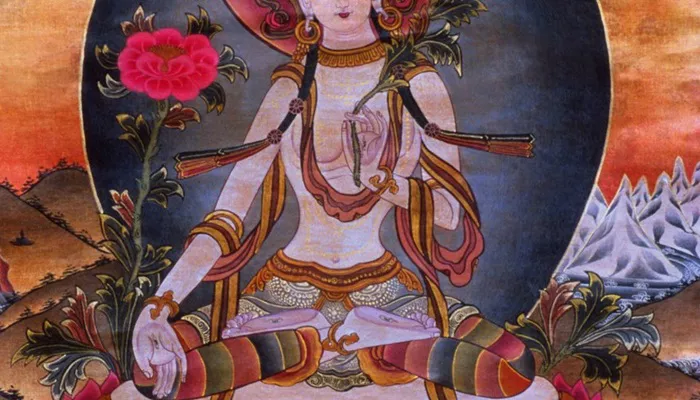Mahayana Buddhism is one of the major branches of Buddhism. It is practiced mainly in East Asia, including China, Japan, Korea, and Vietnam. Mahayana means “Great Vehicle,” and it focuses on the path of the Bodhisattva. A Bodhisattva is someone who seeks enlightenment not only for themselves but for all beings.
Basic Teachings of Mahayana Buddhism
Mahayana Buddhism teaches compassion, wisdom, and the importance of helping others. It emphasizes the practice of the Six Perfections or Paramitas, which include generosity, morality, patience, effort, meditation, and wisdom.
Understanding Alcohol in Buddhist Teachings
What Does Buddhism Say About Alcohol?
Buddhism generally advises against the use of intoxicants. The main reason is that alcohol clouds the mind. A clear and calm mind is essential for practicing meditation and developing wisdom. Intoxication can lead to unskillful actions and suffering for oneself and others.
The Five Precepts in Buddhism
One important guideline for lay Buddhists is the Five Precepts. These are basic moral rules that help practitioners live a good life. The fifth precept says: “I undertake the training rule to abstain from fermented drink that causes heedlessness.” This means avoiding alcohol and other intoxicants that make the mind careless or confused.
Alcohol in Mahayana Buddhism: Rules and Practices
The Fifth Precept in Mahayana Buddhism
Mahayana Buddhists follow the same basic precepts as other Buddhist traditions. The fifth precept is important and clearly advises against drinking alcohol. This precept helps keep the mind clear and focused on the path to enlightenment.
Why is Alcohol Considered Harmful?
Alcohol affects the body and mind. It lowers self-control and can cause harmful behavior. In Mahayana Buddhism, harming others or oneself goes against the path of compassion. Drinking alcohol can cause people to break other precepts, such as lying or acting with anger.
Different Views Within Mahayana Traditions
Strict and Moderate Interpretations
Within Mahayana Buddhism, some schools are very strict about the use of alcohol. Monks and nuns generally avoid alcohol completely. They see it as an obstacle to meditation and moral discipline.
However, among laypeople, the attitude can vary. Some may drink alcohol in moderation, but many still try to follow the fifth precept seriously. The key idea is to avoid intoxication and heedlessness.
Examples from Mahayana Countries
In countries like China and Japan, where Mahayana Buddhism is common, cultural attitudes toward alcohol can differ. Some people drink socially but remain mindful of the Buddhist teachings. Others may choose to avoid alcohol completely as a sign of respect for their practice.
Why Avoid Alcohol? The Spiritual Perspective
Clear Mind and Meditation
Meditation is very important in Mahayana Buddhism. A clear mind helps practitioners see the true nature of reality. Alcohol clouds the mind, making meditation difficult or less effective.
Compassion and Right Action
Alcohol can make people act in ways that cause harm or suffering. In Mahayana Buddhism, compassion is a central value. Avoiding alcohol helps maintain kindness and avoids causing pain to others or oneself.
Consequences of Drinking Alcohol in Mahayana Buddhism
Breaking the Precept
Drinking alcohol breaks the fifth precept. This means the person may create negative karma. Karma is the law of cause and effect in Buddhism. Unskillful actions lead to suffering now or in the future.
Impact on Practice and Progress
Alcohol can slow spiritual progress. It makes it harder to develop concentration, wisdom, and compassion. For serious practitioners, avoiding alcohol is a way to protect their practice.
Exceptions and Cultural Considerations
Different Levels of Practice
Not everyone practices Buddhism the same way. Some people are lay followers who try to follow the precepts as best they can. Others are monks or nuns who follow very strict rules. The rules about alcohol are stronger for monastic life.
Cultural Influences
In some cultures, alcohol plays a role in social life and traditions. Mahayana Buddhism teaches skillful means — using wisdom to adapt teachings to different situations. So, some people may find ways to balance cultural life with their practice.
Practical Advice for Mahayana Buddhists on Alcohol
Mindful Drinking or Total Abstinence?
Many Mahayana Buddhists choose total abstinence from alcohol to keep their minds clear. Others practice mindful drinking, avoiding intoxication and staying aware of their actions.
How to Follow the Fifth Precept
To follow the fifth precept, try these steps:
- Avoid drinking alcohol in any form that leads to drunkenness.
- Be honest with yourself about how alcohol affects your mind and behavior.
- Focus on meditation and mindfulness to strengthen self-control.
- Seek support from your community or teacher if needed.
Conclusion
Alcohol is generally not allowed in Mahayana Buddhism, especially for monks and serious practitioners. The fifth precept advises abstaining from intoxicants to keep the mind clear and prevent harm. Laypeople may have different levels of observance, but the core teaching is to avoid intoxication and heedlessness.
Choosing whether to drink alcohol should always be done with awareness of the impact on your mind, actions, and spiritual path.

